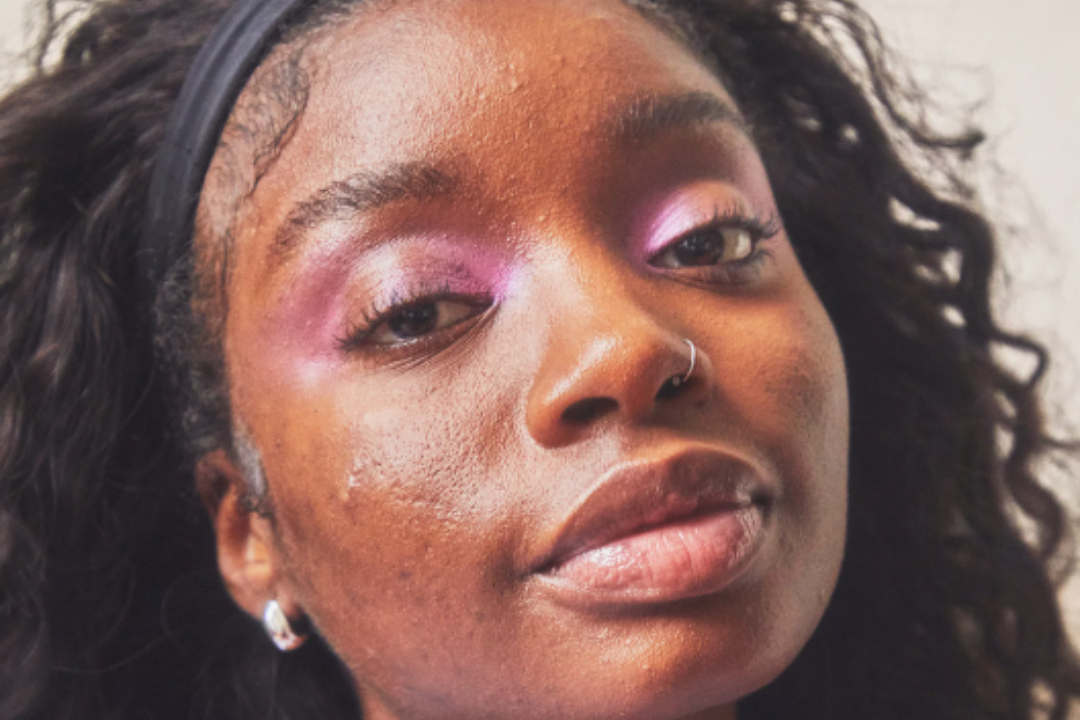What Causes Textured Skin and How Fazitl's Acne Scar Patch can Combat it!
Having smooth and flawless skin is something many people aspire to, but sometimes, despite our best efforts, we may notice that our skin has a textured appearance. Textured skin refers to the presence of unevenness, roughness, or irregularities on the skin's surface. It can manifest in various forms, such as bumps, pits, or raised areas, and can occur on different areas of the body, including the face, neck, chest, and back. Understanding the causes of textured skin is crucial in order to address the issue effectively and achieve a smoother complexion. One of the primary causes of textured skin is acne. Acne is a common skin condition that occurs when the hair follicles become clogged with oil, dead skin cells, and bacteria, leading to inflammation and the formation of pimples, blackheads, or whiteheads. If acne is not managed properly, it can result in scars and textured skin. When acne lesions heal, they can leave behind marks or indentations on the skin, giving it a bumpy or uneven texture. In some cases, acne scars can be quite deep, resulting in more severe texture irregularities. Another factor that can contribute to textured skin is the natural aging process. As we age, our skin undergoes various changes, including a decrease in collagen and elastin production, which are essential proteins that provide structure and elasticity to the skin. As a result, the skin can become thinner, less firm, and more prone to developing fine lines, wrinkles, and uneven texture. Excessive sun exposure and UV damage can also cause textured skin. Prolonged sun exposure can lead to the breakdown of collagen and elastin fibers in the skin, resulting in a loss of elasticity and texture irregularities. Additionally, sun damage can cause hyperpigmentation, or dark spots, on the skin, which can further contribute to an uneven skin texture. Other potential causes of textured skin include genetic factors, hormonal imbalances, skin conditions such as eczema or psoriasis, and lifestyle habits such as smoking or poor skincare routines. All of these factors can disrupt the skin's natural balance and contribute to the development of textured skin. While textured skin can be frustrating, the good news is that there are solutions available to help improve its appearance.
One such solution is Fazit's medical grade silicone Acne Scar Patch. These patches are specifically designed to reduce the appearance of textured skin and scars caused by acne. The silicone material creates a protective barrier over the scarred area, helping to retain moisture, promote collagen production, and flatten the texture of the skin. The patches are easy to use and can be applied discreetly to the affected area, allowing for convenient and effective treatment of textured skin. In addition to using specialized products like Fazit's silicone Acne Scar Patch, there are several other steps that can be taken to improve the texture of the skin. Maintaining a consistent skincare routine that includes gentle cleansing, exfoliation, and moisturization can help to keep the skin clean, hydrated, and smooth. Protecting the skin from excessive sun exposure by wearing sunscreen and protective clothing can also help to prevent further texture irregularities caused by UV damage. In some cases, professional treatments such as chemical peels, microdermabrasion, or laser resurfacing may be recommended by a dermatologist to improve the texture of the skin.
In conclusion, textured skin can be caused by various factors, including acne, aging, sun damage, genetics, and lifestyle habits. However, there are solutions available to help improve the appearance of textured skin, including the use of specialized products like Fazit's silicone Acne Scar Patch, as well as maintaining a consistent skincare routine and protecting the skin from excessive sun exposure.

